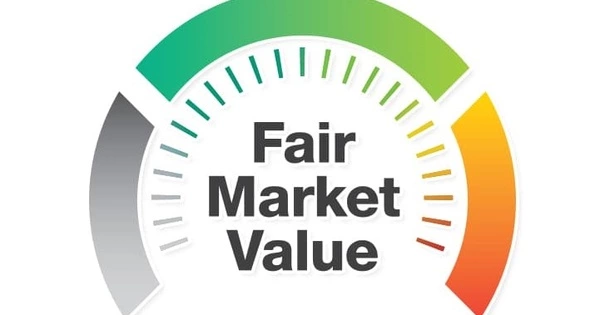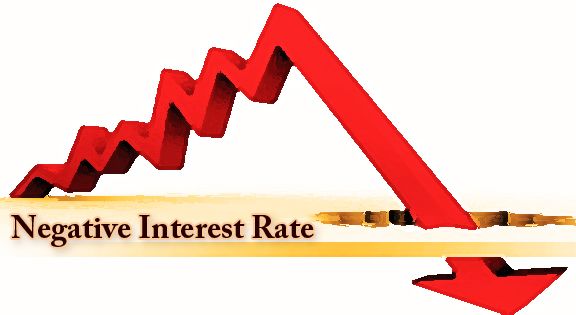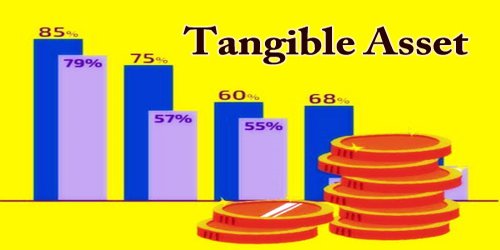The fair market value (FMV) of a business, stock, real estate, or other asset is the reasonable selling price. An estimate of fair market value can be based on precedent or extrapolation. Fair market value differs from an individual’s intrinsic value on the same commodity depending on their own desires and circumstances.
FMV has come to represent the value of an asset under the following usual set of conditions: Prospective buyers and sellers are reasonably acquainted with the asset, acting in their own best interests, free of undue pressure to trade, and given an inexpensive period for completing the transaction.
A legal right taking in lieu of a property sale would not be considered a good market transaction because one of the parties (the seller in this case) was under undue pressure to enter into the transaction. A liquidation sale, deed in lieu of foreclosure, distressed sale, and similar types of transactions are examples of sales that may not meet the fair value test.
People believe that houses, paintings, stocks, bonds, and other items are “worth” a certain amount on the market, but the only true measure of fair market value (FMV) is the price at which someone is willing to sell and someone is willing to buy.
Explanation
Assume John Doe wishes to sell his home. He’s asking $750,000 for it. Jane Dale wishes to look for a home. She notices that John’s house is for sale and makes him an offer of $675,000. Thetwo2 bargain over the price and settle on $700,000. The home’s fair market value (FMV) is $700,000 because that is the value John and Jane accept. The term fair market value (FMV) is intentionally distinguished from related concepts such as market value or appraised value because it considers the fundamental values of free and open market operation, whereas market value simply refers to an item’s market price.
The term “fair market value” (FMV) is used throughout the Internal Revenue Code, as well as other federal statutory laws in the United States, such as bankruptcy, many state laws, and a variety of other regulatory bodies. In many jurisdictions in the United States, the fair value is determined at a hearing. In some countries, courts are compelled to hold fair market hearings regardless of whether the lenders or loan guarantors waived their right to such a hearing in the loan documents or not.
The Fair Market Value (FMV) of Real Estate Transactions: The following are three major reasons why knowing the fair market value (FMV) is critical when valuing, buying, or selling a home:
(1) For Ownership Transfer – It is critical to understand that land ownership can be transferred at any time. Knowing the fair market value of one’s property allows a homeowner to better appreciate its worth and avoid taking advantage of it. It also assists the buyer in determining how much of a property is too expensive to pay for.
(2) For Tax Purposes – Global tax authorities always ensure that transactions are carried out at FMV, at least for tax purposes, particularly those between people who are not dealing at arm’s length. Someone frequently assessed municipal property taxes based on the fair market value of the owner’s property. Because the difference between the acquisition price and the fair value of the property is significant, tax authorities are interested in knowing the current fair market price.
(3) For Insurance Purposes – In insurance, the fair market value is most commonly used. For example, if an insurance claim is filed as a result of a house fire, the insurance company that covers the loss will frequently only cover the amount up to the fair market value.
(4) Fair market value (FMV) applications: Fair market value (FMV) is commonly defined as the most effective price, expressed in dollars, that a property would command in an open and unrestricted market between a willing buyer and a willing seller who are knowledgeable, informed, and prudent, and who act independently of one another. FMV is the price that people might reasonably expect to get for their items on the open market.
















